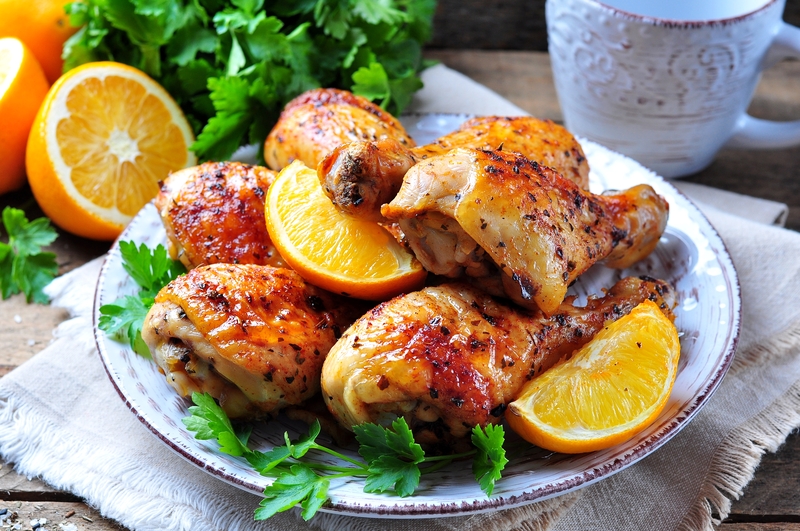 Baking chicken is a popular cooking method known for its convenience and versatility.
Baking chicken is a popular cooking method known for its convenience and versatility.
Whether you’re making a simple roasted chicken or experimenting with a flavorful marinade, achieving tender, juicy results is a top priority for any home cook.
One common question that often arises is whether chicken gets more tender the longer you bake it.
In this article, we will explore the factors that influence chicken tenderness during baking and provide some tips to help you achieve the perfect, succulent chicken dish.
Factors Affecting Chicken Tenderness
- Chicken Cut and Type
The cut and type of chicken you choose significantly impact its tenderness.
Bone-in cuts, such as chicken thighs or drumsticks, tend to stay moister and more tender during baking compared to boneless, skinless chicken breasts.
The dark meat of chicken contains more fat and connective tissue, which contributes to tenderness and flavor.
- Cooking Temperature
The baking temperature plays a crucial role in determining the chicken’s tenderness.
A lower temperature, such as 325°F (163°C), allows the chicken to cook more slowly, giving the collagen in the meat more time to break down, resulting in a tender and juicy texture.
Higher temperatures can dry out the chicken faster, potentially making it less tender.
- Cooking Time
The cooking time is directly related to the baking temperature.
Longer cooking times at lower temperatures are often associated with more tender chicken.
However, it’s essential to find the right balance to avoid overcooking, which can lead to dryness.
- Seasoning and Marinades
Seasonings and marinades can enhance both the flavor and tenderness of baked chicken.
Ingredients like acidic components (vinegar, lemon juice) or natural tenderizers (buttermilk, yogurt) can help break down the muscle fibers, making the chicken more tender.
Slow Roasting for Maximum Tenderness

- The Slow Roasting Method
One of the most effective ways to ensure tender baked chicken is to use the slow-roasting method.
This involves cooking the chicken at a lower temperature (around 275-325°F or 135-163°C) for a longer period, typically 1-2 hours, depending on the cut.
- Benefits of Slow Roasting
- Improved Moisture Retention: Slow roasting allows the chicken to retain more of its natural juices, resulting in a moist and tender outcome.
- Better Flavor Development: The longer cooking time at lower temperatures allows the flavors to develop more fully, creating a delicious, well-seasoned chicken.
Tips for Tender Baked Chicken
To avoid overcooking, use a meat thermometer to check the internal temperature of the chicken.
Chicken is safe to eat when it reaches 165°F (74°C), but for optimum tenderness, aim for a few degrees lower and let it rest, as it will continue to cook after being removed from the oven.
Allow the chicken to rest for 5-10 minutes after baking.
Resting lets the juices redistribute, leading to a more tender and succulent result.
Keep an eye on your chicken while it’s in the oven.
The key to achieving the desired tenderness is to find the right balance between time and temperature.
Bottom Line – Does Chicken Get More Tender the Longer You Bake It?
 The tenderness of baked chicken is influenced by several factors, including the cut, temperature, cooking time, and seasonings.
The tenderness of baked chicken is influenced by several factors, including the cut, temperature, cooking time, and seasonings.
Slow roasting at lower temperatures is often the best approach to achieve maximum tenderness, as it allows the chicken to retain its moisture and develop a rich flavor.
By paying attention to these factors and following the tips provided, you can bake chicken that is tender, juicy, and sure to satisfy your taste buds.


